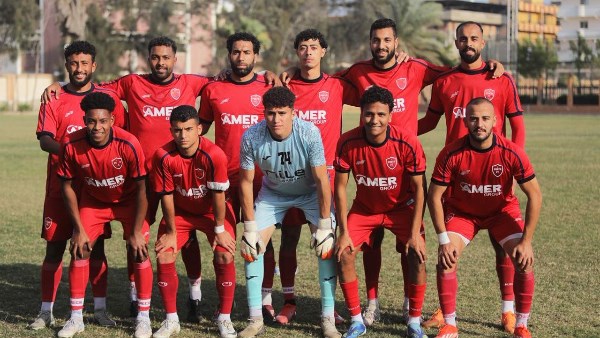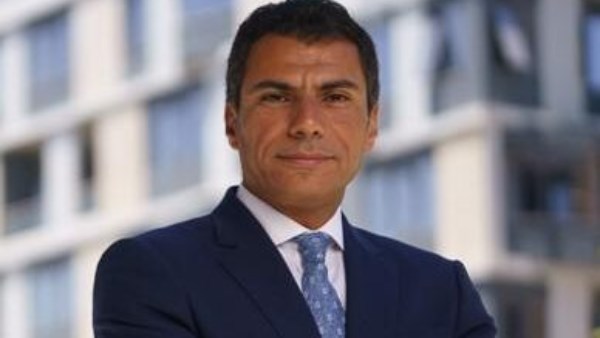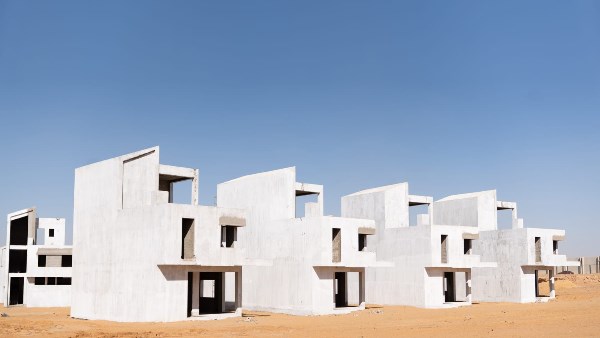
Ukraine has denied any role and called the attack a false-flag operation by the Kremlin
Russia Points to Ukraine as Moscow Attack Death Toll Rises

President Vladimir Putin said suspects in the worst terrorist attack in Moscow for more than two decades were captured while trying to flee to Ukraine، as officials raised the death toll to 133.
Ukraine has denied any role and called the attack a false-flag operation by the Kremlin. Islamic State earlier claimed responsibility in a Telegram message and posted a photograph of four men it said carried out the assault.
While he didn’t accuse Ukrainian authorities of involvement in the attack، Putin said in a televised address Saturday that the four detained men tried to escape by traveling toward Ukraine. A “window” had been prepared for them to cross the border، Putin said، without offering evidence.
There’s no indication of Ukrainian involvement، White House spokesman John Kirby said Friday.
A national day of mourning
Putin said authorities had seized all those who’d directly taken part in the “barbaric” attack by gunmen who turned automatic weapons against people attending a rock concert at the Crocus City Hall on the edge of the Russian capital late on Friday. He declared Sunday a national day of mourning and vowed to pursue anyone responsible for ordering and organizing the incursion.
The president spoke after the Federal Security Service announced that agents had seized the suspects in Russia’s Bryansk region، which borders Ukraine. The men planned to cross into Ukraine where they “had contacts،” the Interfax news service reported، citing a statement by the service known as the FSB that gave no more detail.
FSB Director Alexander Bortnikov reported to Putin that 11 people had been detained، including the four suspects، according to a Kremlin statement earlier Saturday.
Russia’s Investigative Committee said Saturday the death toll was rising as emergency workers found more victims at the site of the attack. Officials earlier said at least 145 people had been wounded. Fire ripped through the massive venue after explosions were heard during the assault at Crocus City Hall، leading to a partial collapse of the roof.
It’s the biggest single loss of life from terrorism in Moscow since Chechen separatists took hostages in 2002 at the Nord-Ost theater. At least 170 people including the dozens of attackers died during a botched rescue mission.
Provocative statements
At a meeting with senior FSB officers on Tuesday، Putin hit out at “frankly، provocative statements” by Western officials this month warning of a possible imminent terrorist attack. “All this resembles outright blackmail and the intention to intimidate and destabilize our society،” the president said.
The US Embassy in Moscow issued a public warning on its website on March 7 that “extremists have imminent plans to target large gatherings in Moscow، to include concerts.”
While the US didn’t say specifically that the warning was related to the attack، National Security Council spokesperson Adrienne Watson said in a statement late Friday that “the US government had information about a planned terrorist attack in Moscow.”
“The US government also shared this information with Russian authorities in accordance with its longstanding ‘duty to warn’ policy،” she added.
The FSB said earlier this month it had prevented an attack on a Moscow synagogue by what it called an Afghan branch of Islamic State، Interfax reported.
Friday’s assault took place days after Putin cemented his grip on Russia by claiming a fifth term with 87% of the vote in the presidential election. Authorities canceled public events and tightened security in cities across the country.
The tragedy was a throwback to an earlier period of Putin’s quarter-century rule، when suicide bombings، most blamed on Islamists from within Russia or its neighbors، killed scores of people. It shattered the illusion of security in Moscow that Putin has sought to cultivate in the more than two years since he invaded Ukraine.
Anti-Muslim policies
Islamist groups have targeted Russia in the past citing what they call anti-Muslim policies by the Kremlin. The seizure of a school in Beslan in the south of the country led to more than 330 fatalities، many of them children، in 2004. In 2010، twin suicide attacks in Moscow subway stations killed at least 40، while a suicide bombing killed 16، including the attacker، in the St. Petersburg subway in 2017.
Moscow has been largely insulated from the direct effects of Putin’s February 2022 invasion of Ukraine، which his spokesman Dmitry Peskov called “a state of war” for the first time on Friday. He later walked back the comment.
“The obvious route for the Kremlin to spin this is that it’s something to do with the war in Ukraine،” said Charles Lichfield، deputy director of the Atlantic Council’s GeoEconomics Center in Washington. “The immediate response could be more drone attacks and ballistic attacks، but they already increased before the terrorist attacks.”
Moscow’s forces have stepped up missile strikes against Ukrainian cities and infrastructure in recent weeks، killing dozens of civilians. Early Friday، it unleashed the biggest missile and drone assault on Ukraine so far this year، focused on energy infrastructure.
At the same time، Ukraine has mounted a campaign of strikes inside Russia with its troops struggling on the battlefield amid delays in vital aid from the US and other allies. Drones have hit factories and oil refineries، while attackers in border regions have staged raids.





-1120252475029447.jpg)















